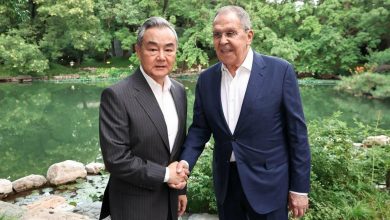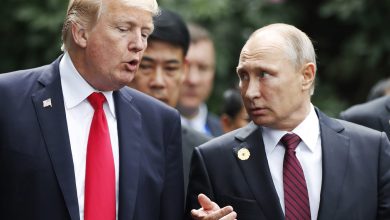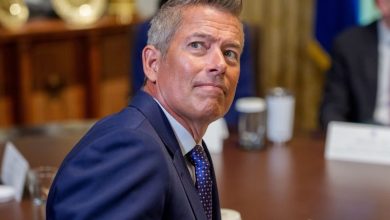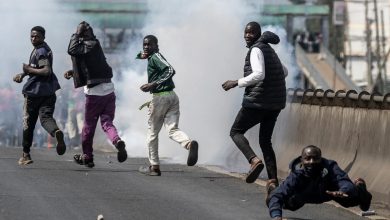Cameroon’s 92-Year-Old President Paul Biya Confirms Bid for Eighth Term in Office
At 92, President Paul Biya has confirmed his bid for an eighth term in Cameroon’s election.
His announcement reignites debates over democracy, leadership renewal, and the nation’s political future.
Cameroon’s longtime leader, President Paul Biya, has officially declared his intention to run for an eighth term in the country’s upcoming presidential election scheduled for October 12, 2025. At 92 years old, Biya is the world’s oldest serving head of state and, if re-elected, could remain in office until nearly 100.
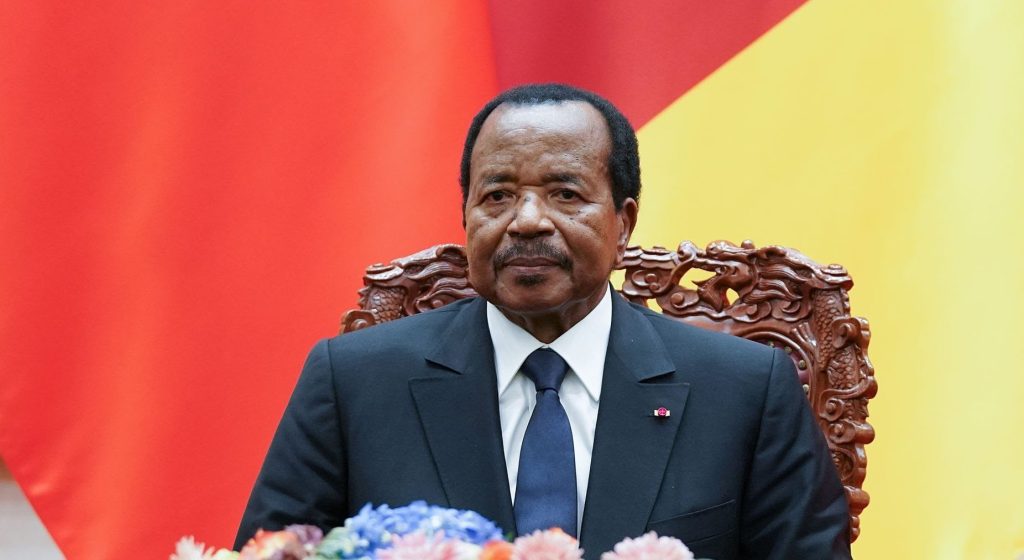
The announcement came on Sunday through posts on Biya’s verified X account, where he confirmed in both English and French: “I am a candidate in the presidential election. Rest assured that my determination to serve you matches the urgency of the challenges we face.”
Biya has ruled Cameroon since 1982, following the resignation of his predecessor, Ahmadou Ahidjo. Over four decades later, his continued hold on power remains both remarkable and controversial. Despite speculation about his health, particularly after a 42-day absence from public view last year, Biya’s candidacy was widely anticipated. Still, Sunday’s post marks the first formal confirmation of his re-election plans.
His use of social media to announce his run mirrors his 2018 strategy, which marked a rare moment of digital engagement in an otherwise opaque administration. In the weeks leading up to the declaration, Biya had been posting more frequently on his X handle, prompting speculation about an impending announcement.
Supporters from Biya’s ruling party, the Cameroon People’s Democratic Movement (CPDM), have been calling for his re-election since 2024, pointing to his experience and leadership. However, critics argue that Biya’s prolonged rule has hindered democratic development and economic progress.
Human rights advocate Nkongho Felix Agbor, speaking to the Associated Press, said: “President Biya’s announcement to run again is a clear sign of Cameroon’s stalled political transition. After over 40 years in power, what the country needs is renewal, not repetition. Cameroonians deserve democratic change and accountable leadership.”
Biya’s grip on power has been bolstered by significant constitutional changes, including the 2008 amendment that removed term limits. This move paved the way for his repeated bids for office. He won the 2018 presidential election with over 71 per cent of the vote amid allegations of electoral malpractice by the opposition.
Critics also highlight Biya’s increasingly infrequent public appearances and reliance on his chief of staff for key state functions, fueling doubts about his ability to govern effectively. Following his long absence in 2024, the government insisted he was in good health but warned against public discussion of the matter, citing national security concerns.
Cameroon, a country of over 27 million people, is facing serious internal and regional challenges. These include a protracted separatist crisis in the English-speaking northwest and southwest regions, where armed conflict has led to displacement and humanitarian crises. The country also continues to contend with threats from the Boko Haram insurgency in the north.
Several opposition leaders have already declared their intention to challenge Biya in the October election. These include Maurice Kamto of the Cameroon Renaissance Movement (CRM), who was the runner-up in 2018; Joshua Osih of the Social Democratic Front (SDF); renowned lawyer Akere Muna; and Cabral Libii of the Cameroon Party for National Reconciliation (PCRN).
All have criticized Biya’s prolonged leadership and are calling for sweeping reforms to ensure a transparent and credible election process. With term limits abolished and institutions tightly controlled by the presidency, the road to a peaceful and democratic transition remains uncertain.
